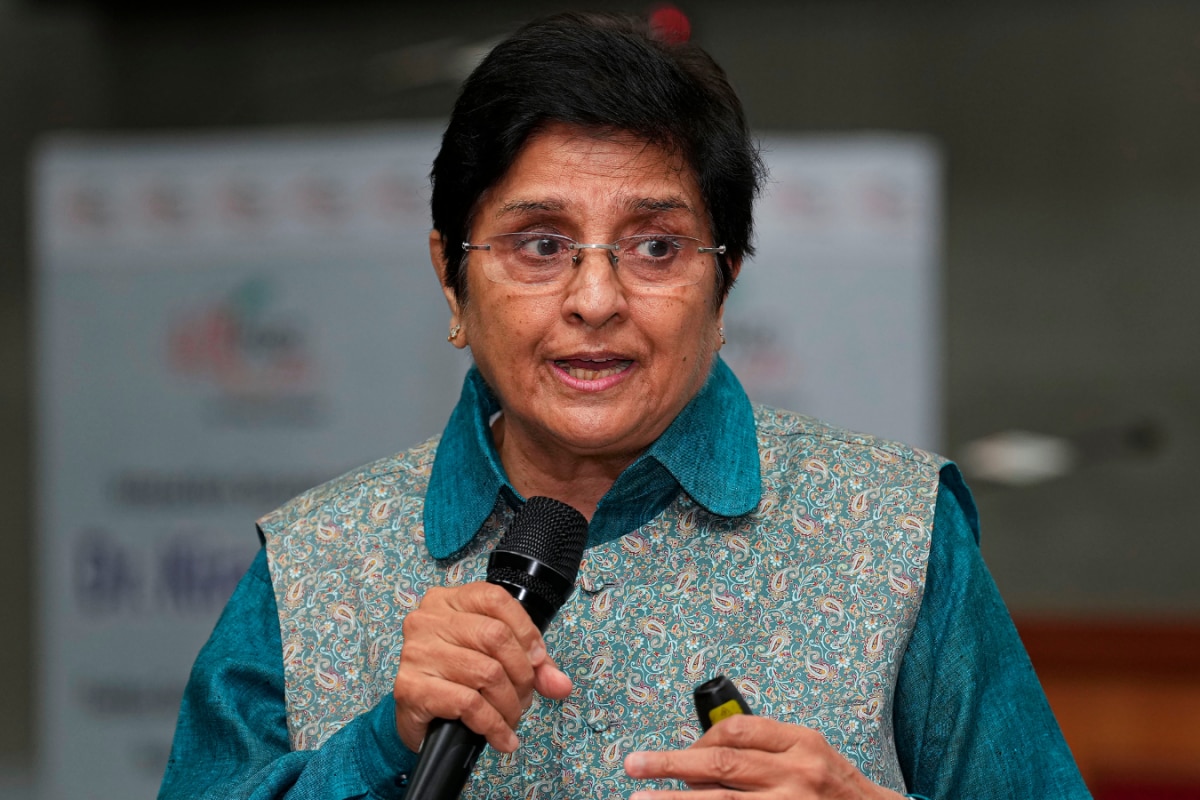

In a recent interview, Kiran Bedi, the first woman in the Indian Police Service (IPS), cautioned bureaucrats against seeking validation and glorification on social media, emphasizing the importance of purpose over popularity. Bedi, known for her strong leadership and unconventional approaches throughout her career, highlighted the potential pitfalls of prioritizing social media presence over substantive work and ethical conduct.
Bedi's message resonates in an era where social media has become an increasingly influential platform, shaping public perception and influencing opinions. While acknowledging the potential of social media as a communication tool, as she herself adopted it as Lt. Governor of Puducherry, Bedi warned against its misuse, particularly by those in positions of authority. She stressed that bureaucrats should primarily focus on serving the public and upholding the values of integrity and accountability, rather than seeking personal fame or recognition through social media.
The former IPS officer's concern stems from the risk of social media distorting priorities and leading to a misplaced focus on image management. In a world of instant gratification and superficial validation, there's a temptation to prioritize creating a favorable online persona over addressing real-world problems. Bedi cautioned that this pursuit of popularity can compromise decision-making, erode public trust, and ultimately undermine the effectiveness of governance.
Bedi's advice is particularly relevant in the context of the increasing number of bureaucrats using social media platforms to engage with citizens, share information, and promote government initiatives. While such engagement can enhance transparency and accessibility, it also opens the door to self-promotion and the temptation to prioritize positive feedback over constructive criticism. The challenge lies in striking a balance between utilizing social media for effective communication and succumbing to the allure of online validation.
The emphasis on 'purpose over popularity' calls for a shift in mindset, urging bureaucrats to define their success not by the number of likes or followers they accumulate, but by the positive impact they create in society. Bedi's message serves as a reminder that true leadership lies in serving with integrity, empathy, and a commitment to the greater good, regardless of whether it translates into social media fame.
Moreover, Bedi's caution extends to the ethical considerations of social media use by bureaucrats. She implicitly touched upon the need for them to be mindful of their online conduct, avoiding any behavior that could be perceived as biased, discriminatory, or unprofessional. She emphasizes the importance of maintaining objectivity and impartiality, even in the seemingly informal realm of social media.
In essence, Kiran Bedi's message is a call for responsible and ethical social media usage, urging them to prioritize their duty to the public over the fleeting gratification of online fame. By focusing on purpose-driven action and upholding the values of integrity and accountability, bureaucrats can truly make a difference, leaving a lasting legacy that extends far beyond the realm of social media.